In December 2023, the Gulf Cooperation Council (GCC) unveiled an initiative designed to simplify travel across its six member states. Dubbed the "GCC Grand Tours," this new tourist visa—akin to Europe’s Schengen visa—aims to make cross-border travel easier for millions of residents and international tourists alike. The phased rollout in 2024 and 2025 will allow non-nationals to explore Saudi Arabia, the UAE, Qatar, Bahrain, Oman, and Kuwait with a single visa. A boon for the region’s nascent tourism sector, it promises to deepen economic cooperation and bolster the Gulf’s appeal as a destination for business and leisure. But while the GCC often makes headlines, what exactly is its role, and how critical is it to the region's future?
Founded in Crisis
The GCC was born out of geopolitical necessity. In May 1981, as Iran’s revolution and the Iran-Iraq War loomed large, six Gulf monarchies—Saudi Arabia, Kuwait, the UAE, Qatar, Bahrain, and Oman—came together to form a council in the interest of collective security and economic collaboration. At the time, the region was beset by uncertainty, and the Gulf states were keen to bolster their defenses, politically and militarily.
"The council was initially a reactive entity, forged in the shadow of regional turmoil," says Dr. Abdulrahman Al-Humaidi, a Gulf expert and former director at the Arab Monetary Fund. "Its founding was driven by survival, but today, the GCC is a vehicle for more than just crisis management."
Notably, the council’s relevance was underscored during Iraq’s invasion of Kuwait in 1990. The GCC's collective response was critical in restoring order and stability to the region. This period also gave birth to the council's military wing—the Peninsular Shield Force—a modest but symbolic joint defense force, based in Saudi Arabia.
Economic Muscle
But beyond defense, the GCC's raison d'être has long been economic integration. With a combined GDP of over $2 trillion, the six-member bloc represents one of the world’s most energy-rich regions, sitting on a third of global oil reserves and a fifth of natural gas. For decades, the council has spearheaded economic cooperation, particularly in energy, with its members tightly controlling the flow of the world’s most valuable commodity.
A customs union was established in 2003, followed by a common market in 2008, which allowed citizens to move, work, and invest freely across member states. The possibility of a single currency has been discussed for years, though political divergences have kept it off the table—for now.
In recent years, however, diversification has taken center stage. "The Gulf states know oil won’t last forever. They've been ramping up investments in technology, tourism, and finance to future-proof their economies," notes an economist at the GCC General Secretariat. From Saudi Arabia’s Vision 2030 to Dubai’s pivot to a global business hub, the Gulf countries are hedging against oil’s eventual decline.
The Saudi Experience: A Social and Economic Shift
For Saudi Arabia, GCC policies have had profound effects on society. The integration of labor markets has enabled thousands of Saudis to pursue careers in other Gulf countries, with regional job mobility opening new avenues for professional growth and skill development. This freedom of movement has been particularly beneficial for young Saudis seeking work experience in sectors that have only recently expanded in the kingdom, such as finance and media in Dubai or tech startups in Bahrain.
The economic policies of the GCC also contribute to the evolving social landscape in Saudi Arabia. As part of Vision 2030, partnerships within the GCC framework have accelerated efforts to diversify the economy, bringing industries such as tourism, entertainment, and renewable energy to the forefront. These changes have not only created new job opportunities but have also influenced societal norms, particularly around women’s participation in the workforce and cultural activities.
Saudi women have increasingly found employment across various GCC nations, where shared cultural values help ease the transition while allowing them to contribute to sectors like healthcare, education, and the arts. "The GCC’s economic integration has made it easier for Saudi women to take up roles across the region, enhancing their economic participation," observes Reem Al-Dosari, a Saudi sociologist. "It’s about more than just work; it’s about expanding horizons."
Culture: A Shared Identity?
While economic cooperation is central to the GCC's mission, its impact on the everyday lives of Gulf citizens is less tangible. Many may not feel the presence of the council in their daily routines, though there are clear benefits: simplified cross-border travel, unified labor markets, and greater opportunities for regional employment.
GCC citizens, who share a common language, religion, and many cultural traditions, often feel more connected than they realize. Traditional Gulf cuisine, dialects, and customs reinforce a sense of regional camaraderie. The council also facilitates regional cultural initiatives, but many Gulf nationals still view the GCC as a bureaucratic body rather than a driver of social unity.
For Saudis, these cultural initiatives have begun to play a larger role in shaping modern identity. Shared cultural programs, such as joint art exhibitions or regional literary festivals, allow Saudis to engage with their neighbors beyond politics and economics. Yet, for a more cohesive sense of regional belonging to emerge, efforts must extend beyond symbolic gestures.
Future Ambitions
For the GCC to evolve into more than just a diplomatic forum, deeper cultural and social integration is essential. Drawing inspiration from the European Union, the GCC has long considered initiatives that could foster a stronger sense of regional identity. The success of these efforts hinges on grassroots engagement: encouraging youth participation, supporting regional art and literature, and hosting cultural festivals that celebrate the Gulf’s shared heritage.
Statistics suggest this cultural engagement could be crucial. A survey by the Arab Youth Forum found that only 29% of GCC nationals feel a strong sense of attachment to the council itself, despite their commonalities. "There’s a gap between what the GCC represents in terms of political and economic strategy and how it resonates with the people," says Ali Al-Khater, a cultural analyst at Qatar University. "Cultural projects, education initiatives, and more active citizen engagement are the missing links."
A Model for Regional Cooperation
The new GCC Grand Tours visa represents a tangible step forward for the council, hinting at the potential for greater economic and cultural integration. If successful, it could serve as a model for further collaboration across borders, positioning the GCC as a region with shared ambitions, much like the European Union.
While the GCC has made significant strides since its formation, its future lies not just in oil and security but in the hearts and minds of its people. As the Gulf nations invest in infrastructure, tourism, and education, the challenge remains to foster a deeper sense of regional belonging—one that transcends economic cooperation and unites citizens in a shared cultural and social identity.
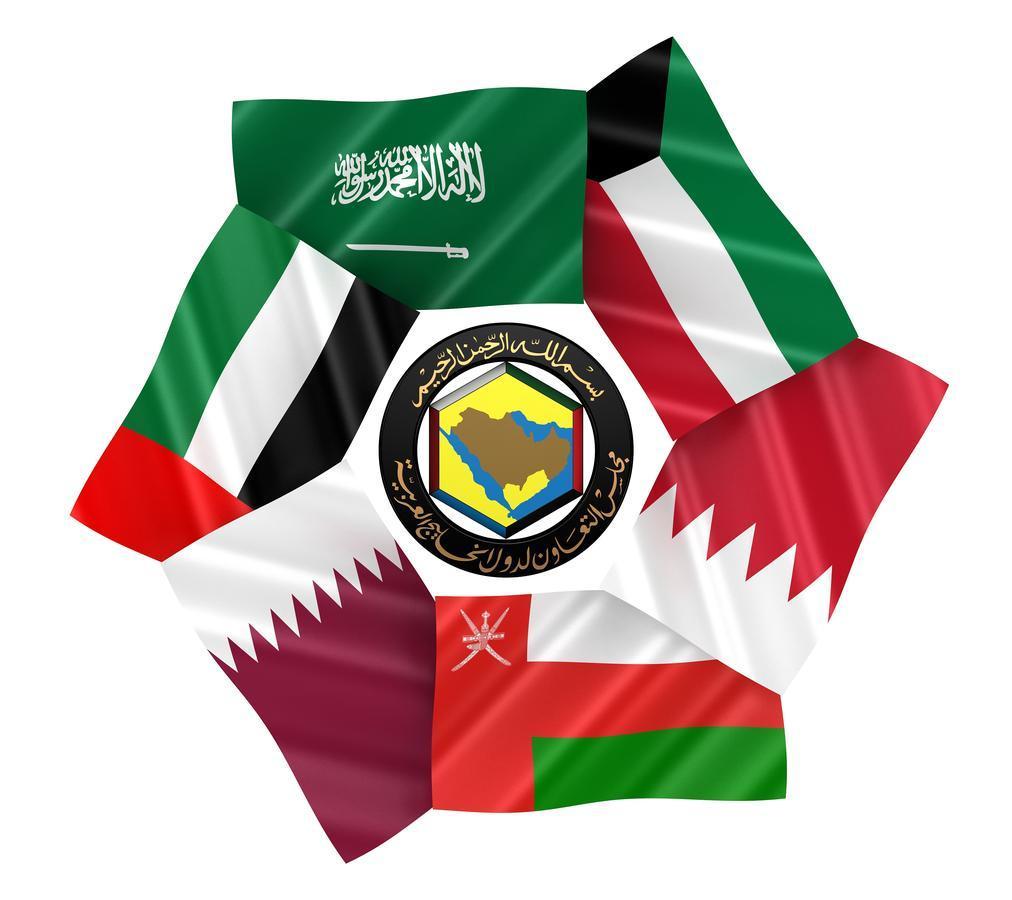
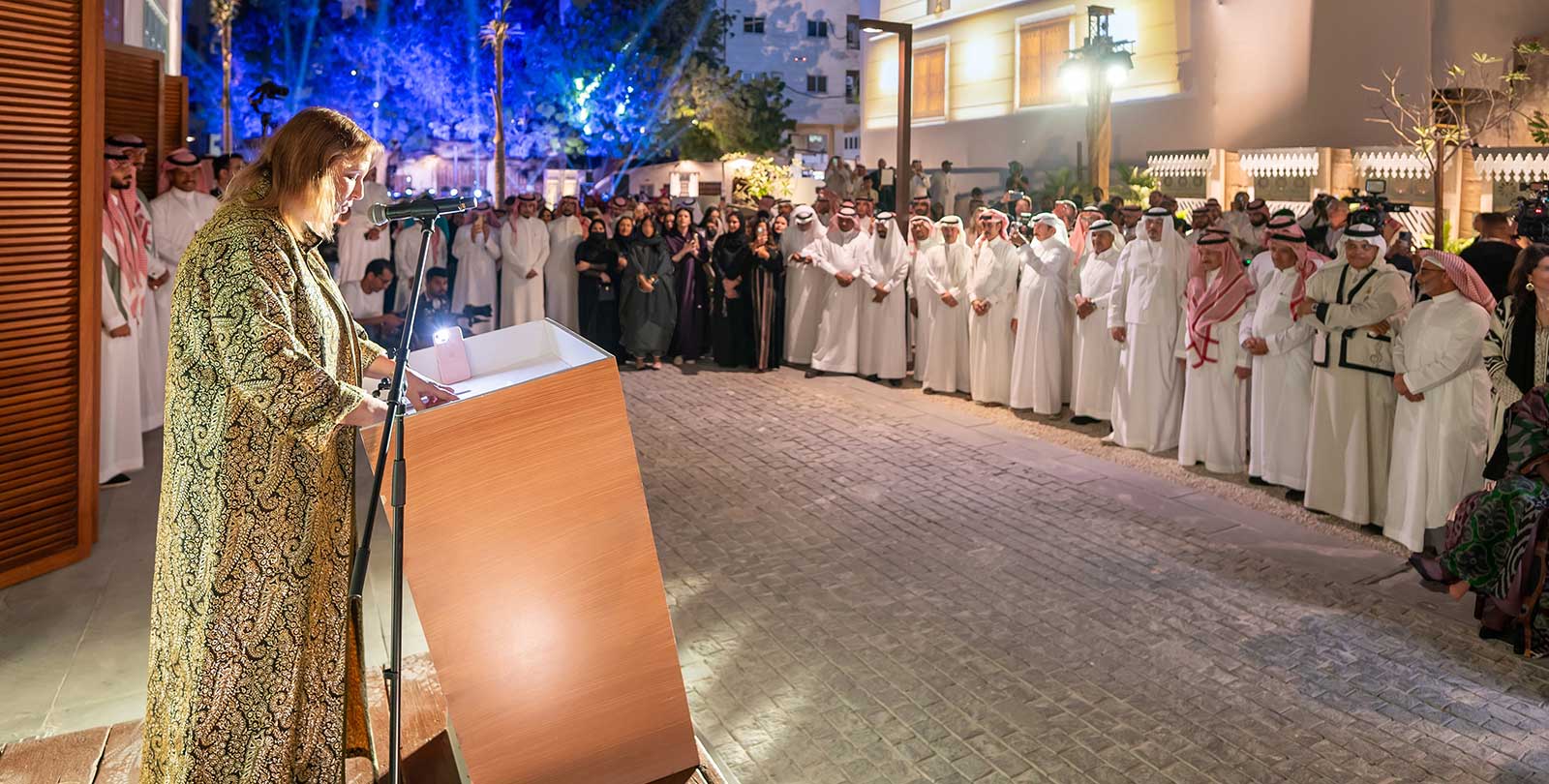
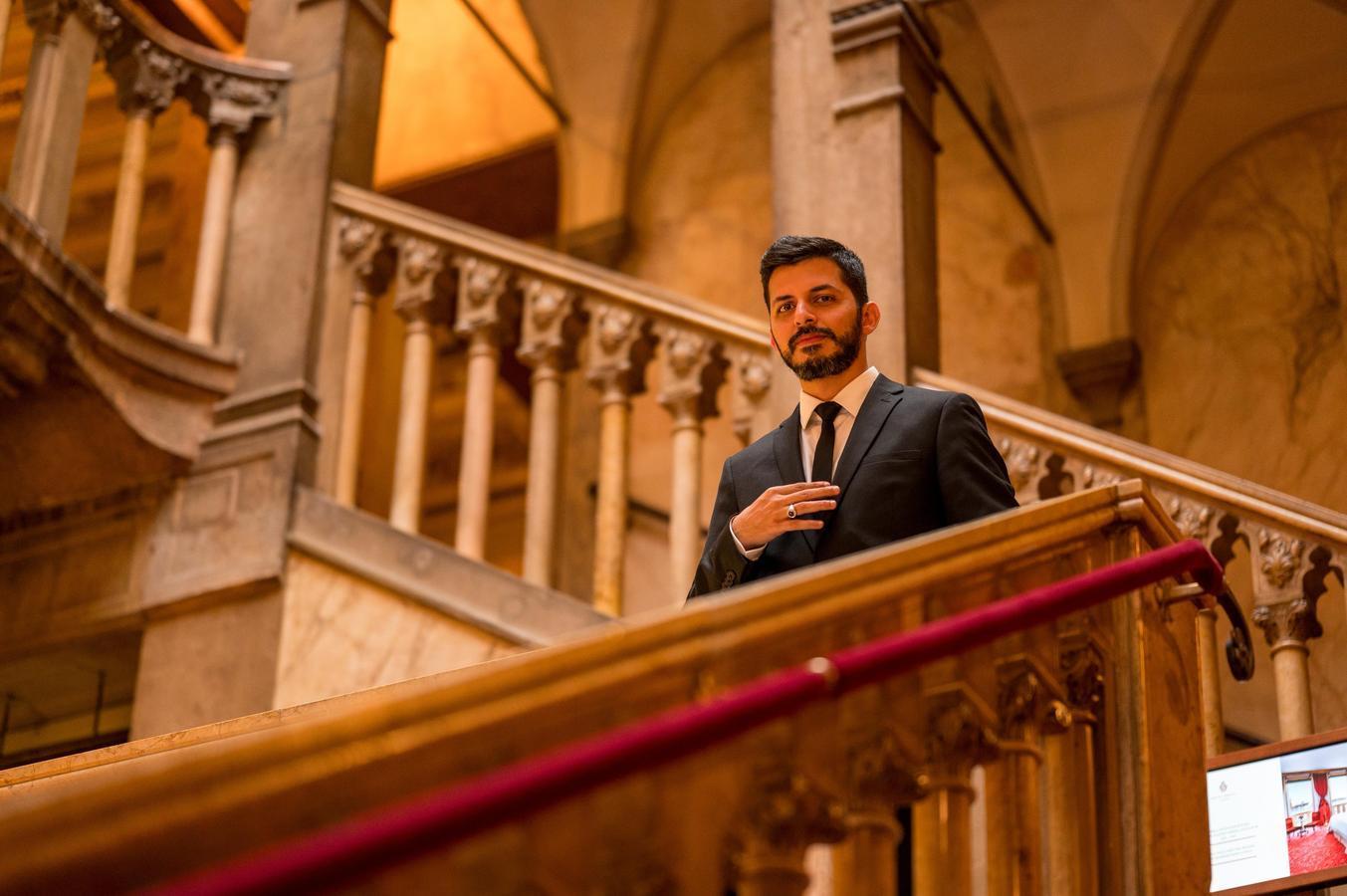
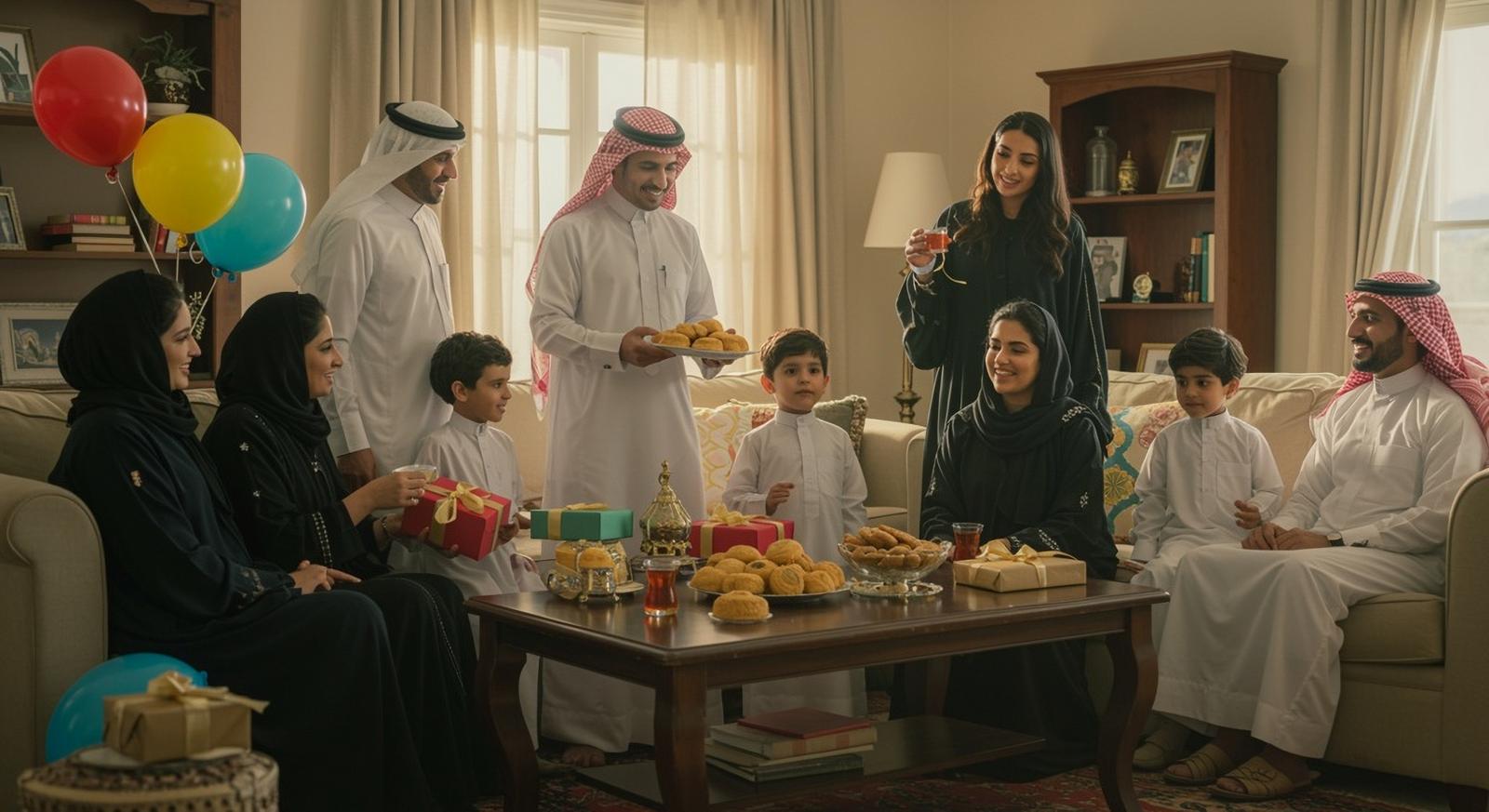

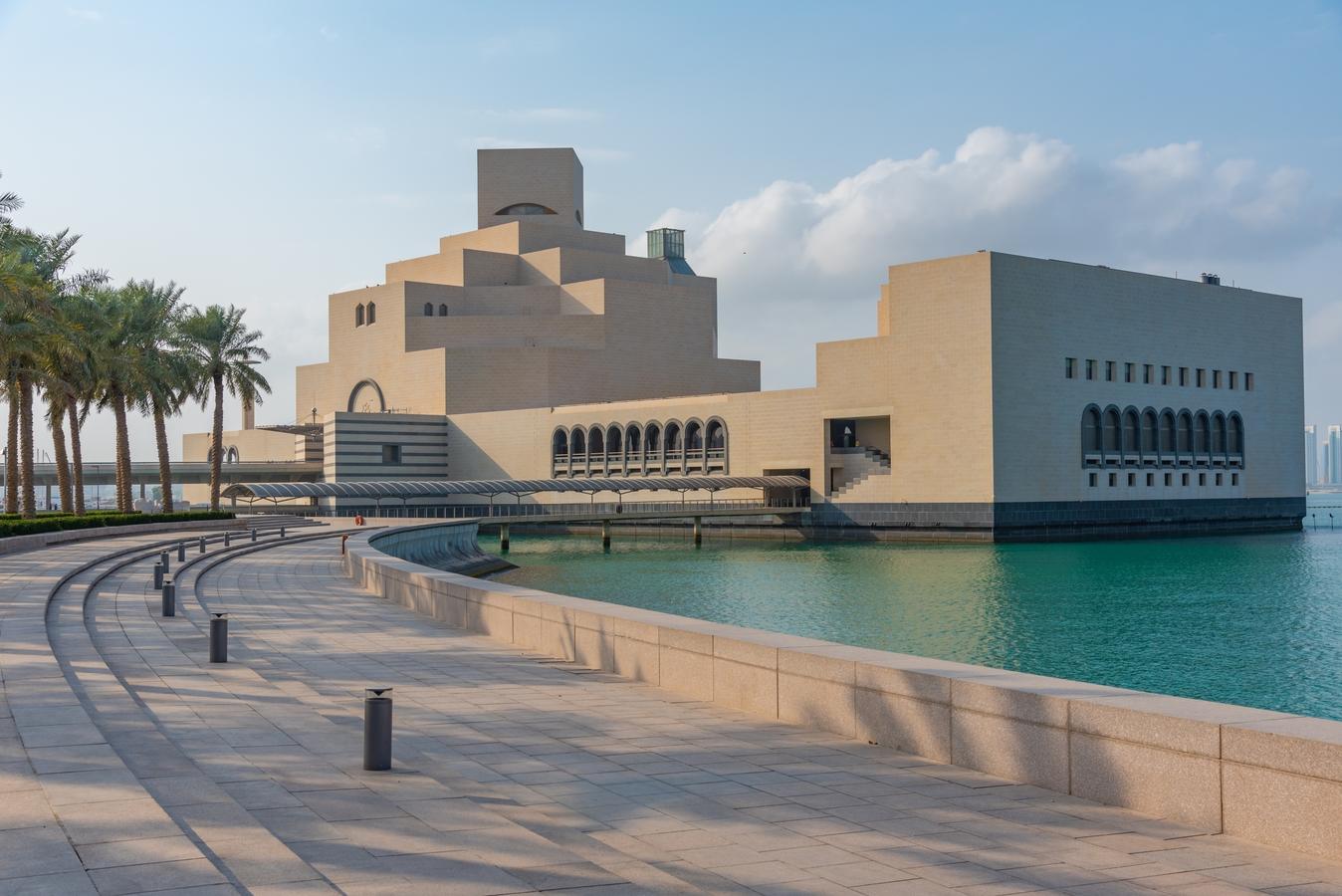
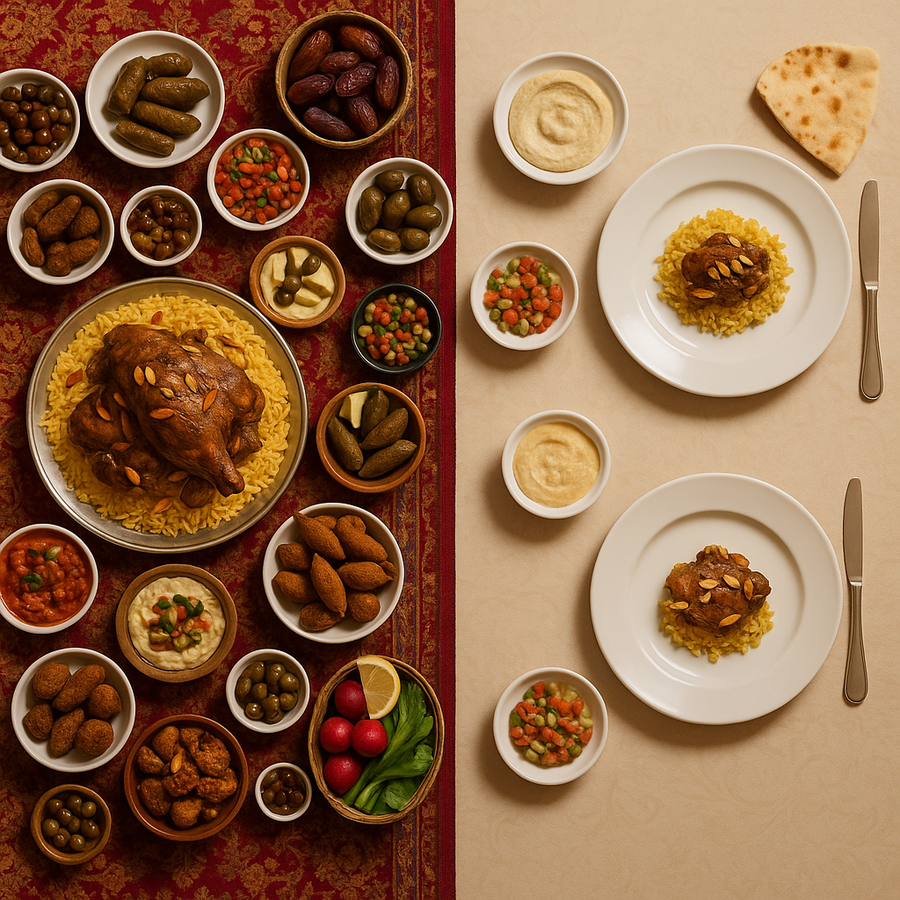
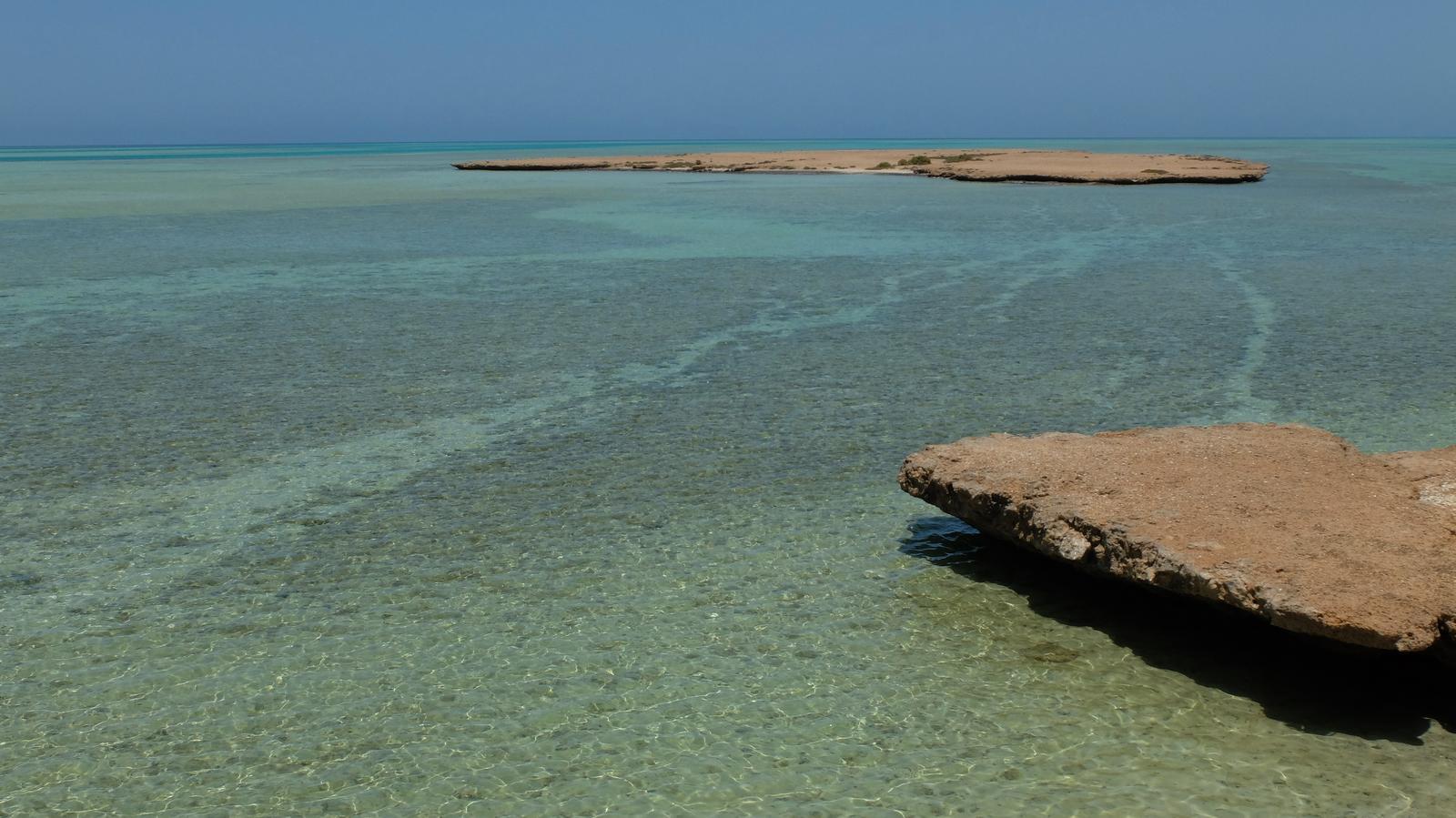
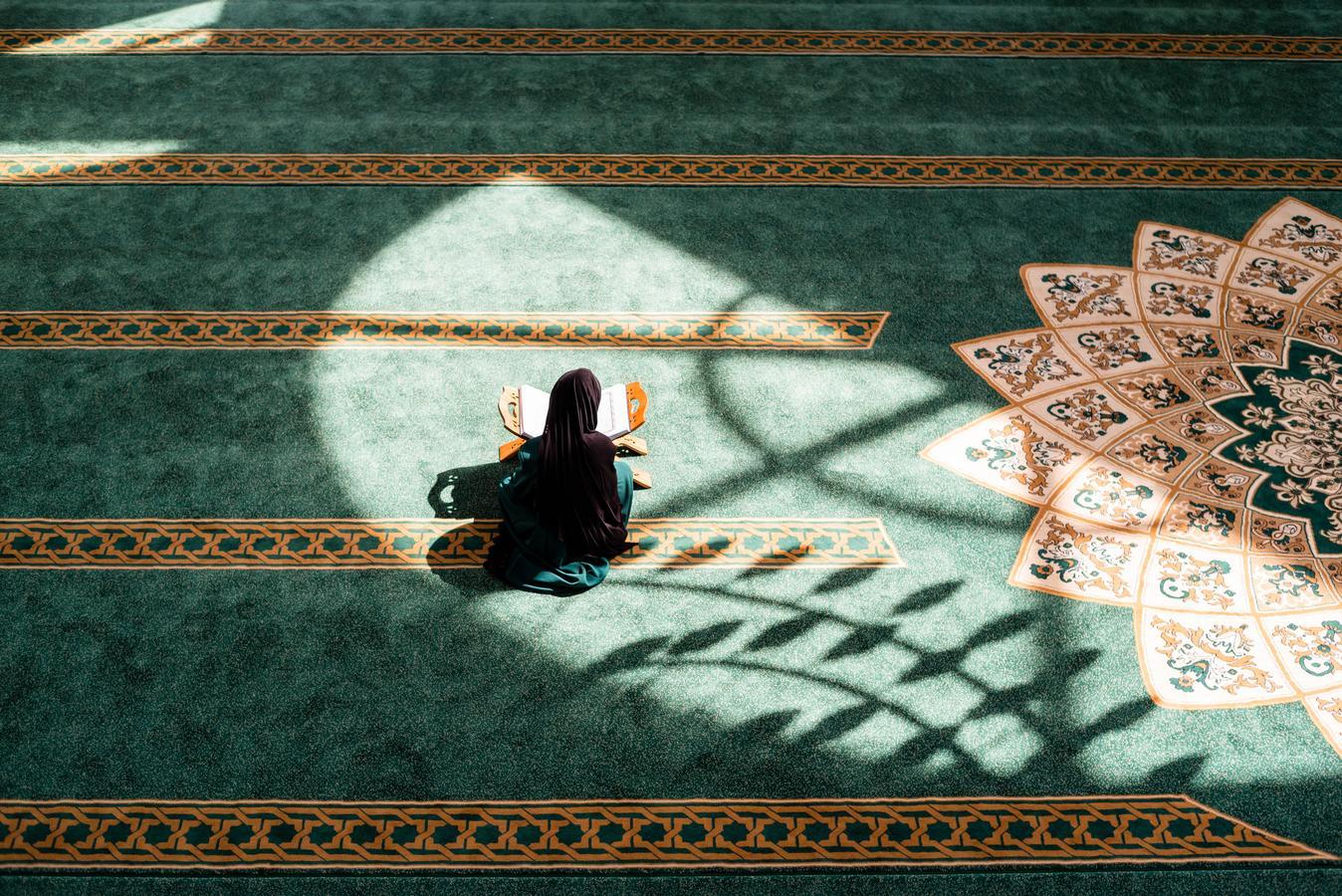
0 Comments
No comments yet. Be the first to comment!